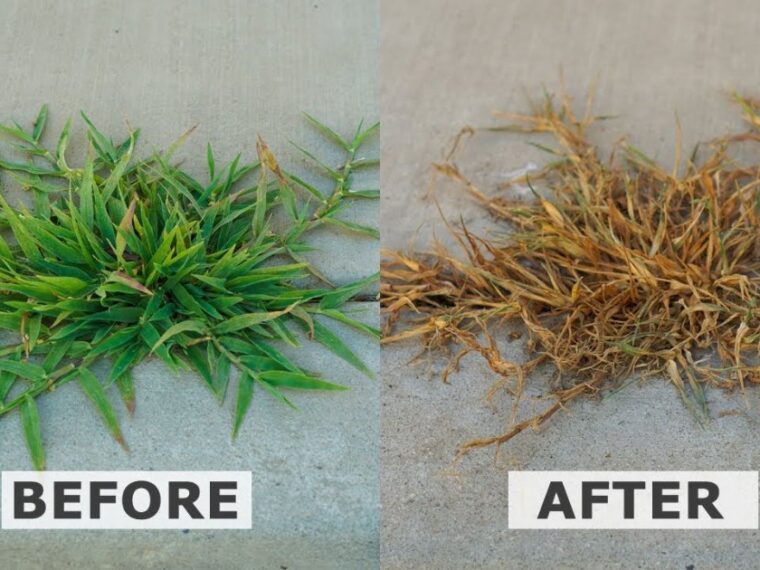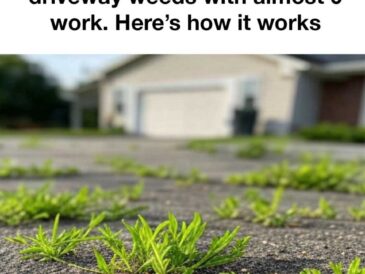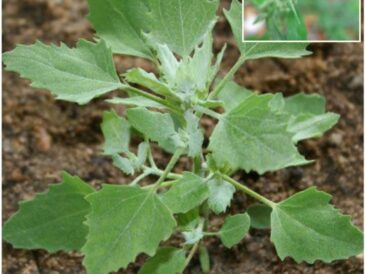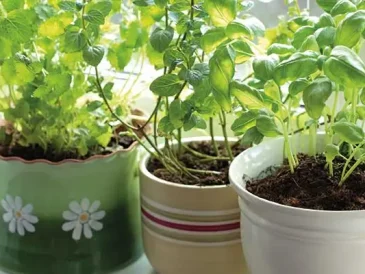🍋 1. Basic Vinegar Weed Killer
Ingredients:
- 1 gallon white vinegar (5% acetic acid)
- Spray bottle or garden sprayer
Instructions:
- Pour vinegar into a spray bottle.
- Spray directly onto weed leaves on a sunny day.
- Avoid contact with desired plants.
- Results often visible in 1–2 hours.
Best for: Small weeds, cracks in driveways, sidewalks.
🧂 2. Vinegar + Salt + Dish Soap Recipe (More Potent)
Ingredients:
- 1 gallon white vinegar (5%)
- 1 cup table salt (or Epsom salt)
- 1 tablespoon liquid dish soap (like Dawn)
Instructions:
- Mix vinegar and salt until fully dissolved.
- Add dish soap and mix gently.
- Spray on dry weeds during peak sun for best results.
How It Works:
- Salt helps draw moisture from weeds.
- Dish soap breaks the surface tension, helping vinegar stick to the leaves.
Caution: Salt can alter soil quality and prevent future plant growth. Avoid using it in flower beds or vegetable gardens.
🌿 3. Horticultural Vinegar Recipe (For Tougher Weeds)
Ingredients:
- 1 gallon horticultural vinegar (20% acetic acid)
- 1 tablespoon dish soap
Instructions:
- Pour into a heavy-duty sprayer.
- Wear gloves and eye protection.
- Spray directly on larger weeds.
Warning: High-concentration vinegar can cause skin burns and eye damage. Use with extreme caution and avoid windy days.
🔍 Scientific Studies and Expert Opinions
- USDA (2002): Demonstrated that vinegar is effective in controlling small weeds but less effective on perennial roots.
- Cornell University Extension: Found vinegar herbicides work best when weeds are less than 2 weeks old and temperatures are above 70°F (21°C).
- National Sustainable Agriculture Information Service: Recommends vinegar as part of an integrated weed management system rather than a standalone solution.
👨🌾 Practical Tips for Success
- Apply on hot, sunny days to increase drying.
- Reapply every 7–10 days for stubborn weeds.
- Use cardboard or a shield to protect nearby plants.
- Never spray on windy days — overspray can damage your flowers or vegetables.
♻️ Is Vinegar a Safe and Eco-Friendly Solution?
- ✅ Biodegradable and breaks down quickly in the environment.
- ❌ Can acidify the soil if overused.
- ❌ Salt mixtures can harm soil health and pollute runoff.
🌱 Final Verdict: Should You Use Vinegar to Kill Weeds?
Yes, vinegar can be an effective and eco-conscious way to manage small, young weeds in sidewalks, patios, and open areas. However, it’s not a miracle solution for all weed problems, especially not for deep-rooted perennials. For best results, use it as part of a comprehensive weed control strategy, and always apply with care.
🧪 Summary Table: Vinegar Weed Killer Recipes
| Recipe Type | Strength | Ingredients | Best For | Warnings |
|---|---|---|---|---|
| Basic Vinegar | Mild | 1 gal 5% vinegar | Young weeds | May require reapplication |
| Vinegar + Salt + Soap | Medium | Vinegar, 1 cup salt, 1 tbsp soap | Driveways, walkways | Avoid in gardens |
| Horticultural Vinegar | Strong | 20% vinegar, 1 tbsp soap | Tough weeds |





